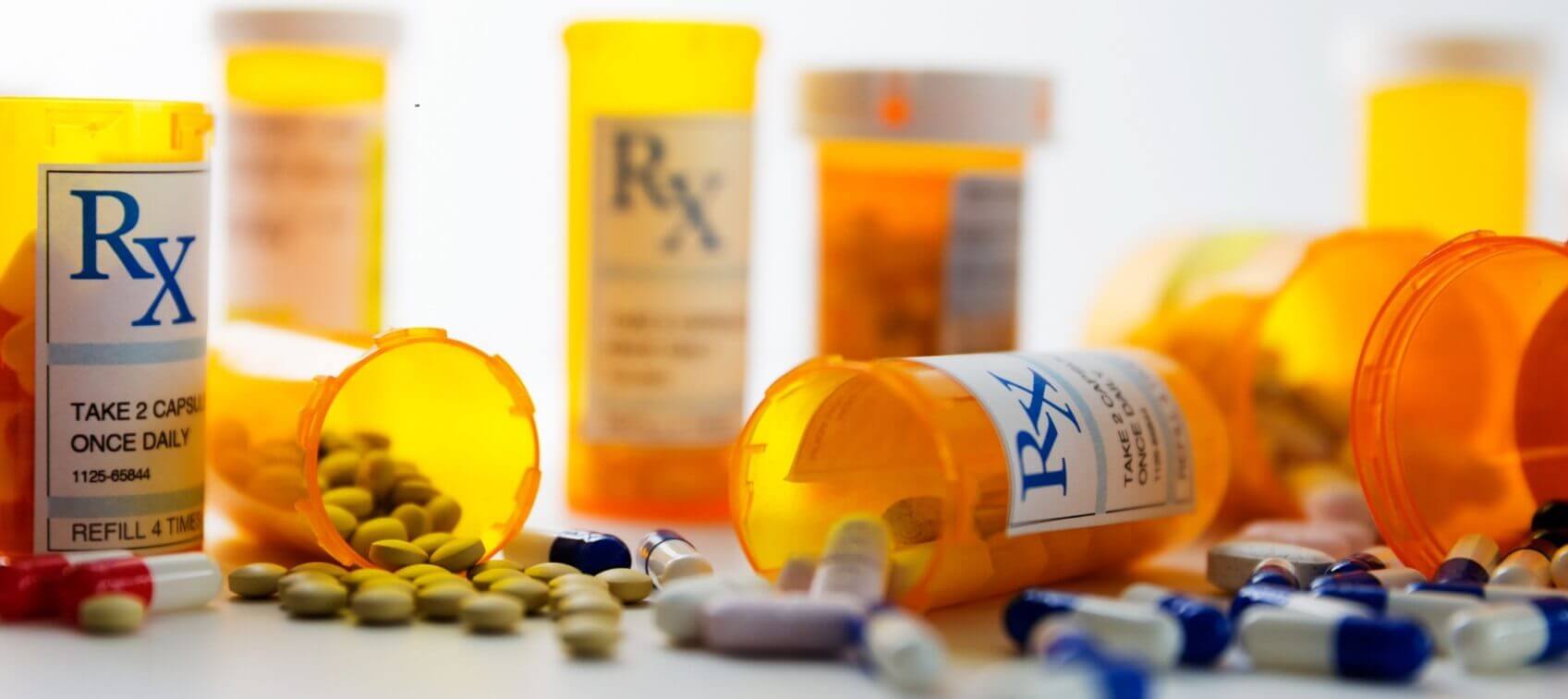
I have long considered coenzyme Q10 (CoQ10) to be one of the most powerful heart vitamins because of its ability to help prevent cardiovascular problems, including heart attacks and strokes.
Why does your body need CoQ10? The heart is one of the few organs in the body to function continuously without resting; therefore, the heart muscle (myocardium) requires the highest level of energetic support. Any condition that causes a decrease in CoQ10 could impair the energetic capacity of the heart, thus leaving the tissues more susceptible to free radical attack.
One of the biggest factors that can deplete your body's CoQ10 supply is taking prescription medications. If you have cardiovascular problems, you may be taking prescription drugs to help you manage them. But while most people know there can be side effects from drugs, you may not realize they can drain vital nutrients from your body.
Which Medications Interact with CoQ10?
Certain medications interact with CoQ10 by interfering with CoQ10-dependent enzymes, lowering its concentration in the body. I’ve seen many patients who are deficient in CoQ10 due to interactions with the medications they’re taking.
Listed below are some prescription medications that can cause a CoQ10 deficiency.
Antidiabetic Medications
- Acetohexamide
- Chlorpropamide
- Glimepiride
- Glipizide
- Glyburide
- Sulfonylureas
- Tolazamide
- Tolbutamide
Psychotherapeutic Medications
- Amitriptyline
- Butyrophenones
- Chlorpromazine
- Desipramine
- Doxepin
- Fluphenazine
- Haloperidol
- Imipramine
- Nortriptyline
- Phenothiazines
- Thioridazine
- Tricyclic Antidepressants
Heart Medications
- ACE inhibitors
- Beta Blockers
- Calcium-channel blockers
- Cholesterol-lowering drugs, especially statins
- Diuretics
- Thiazide Diuretics
- Vasodilators
If you see doctors and holistic health practitioners and don’t tell each one of them every drug you take, they can unknowingly prescribe medications that interact adversely with something you’re already taking. Keep a list of all your drugs and supplements, such as a CoQ10 supplement, and take it with you to every doctor’s appointment.
How Much CoQ10 Should You Take?
There's no question that CoQ10 is one of the most powerful heart vitamins. For general heart health, I recommend 50-100 mg of CoQ10 daily. And if you’re on a medication that interacts with CoQ10, including cholesterol-lowering statin drugs, I recommend increasing that amount to 100-200 mg daily.
If your response to your initial dose is less than optimal, work with your physician or holistic health practitioner to increase the CoQ10 supplement dosage and maintain it over time. As with most nutritional supplements, it is best to take CoQ10 supplements in divided doses with your meals.


